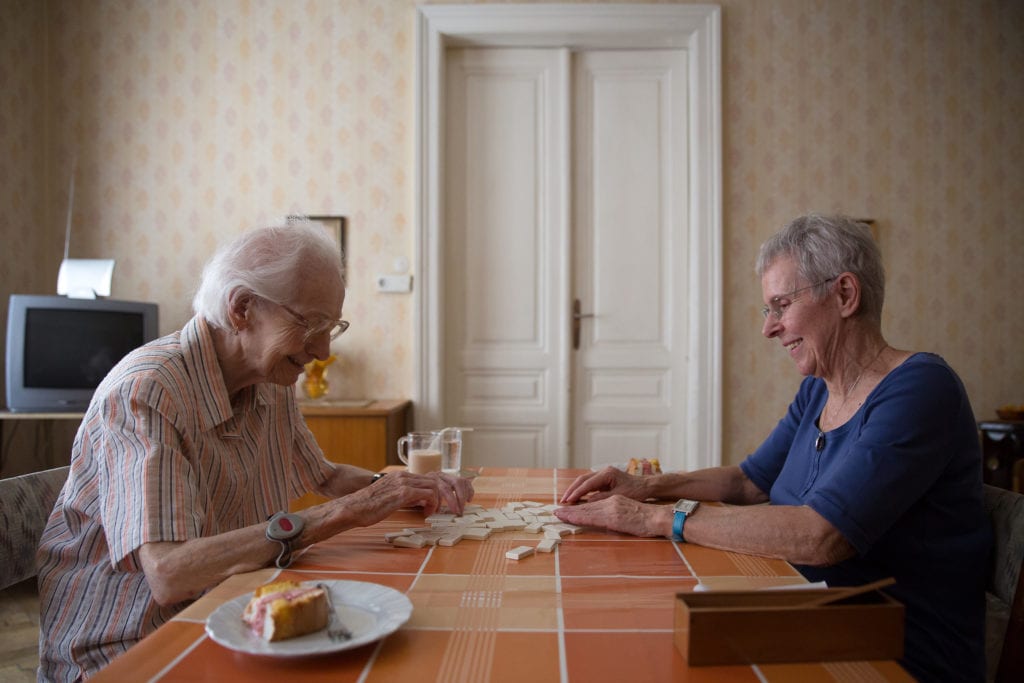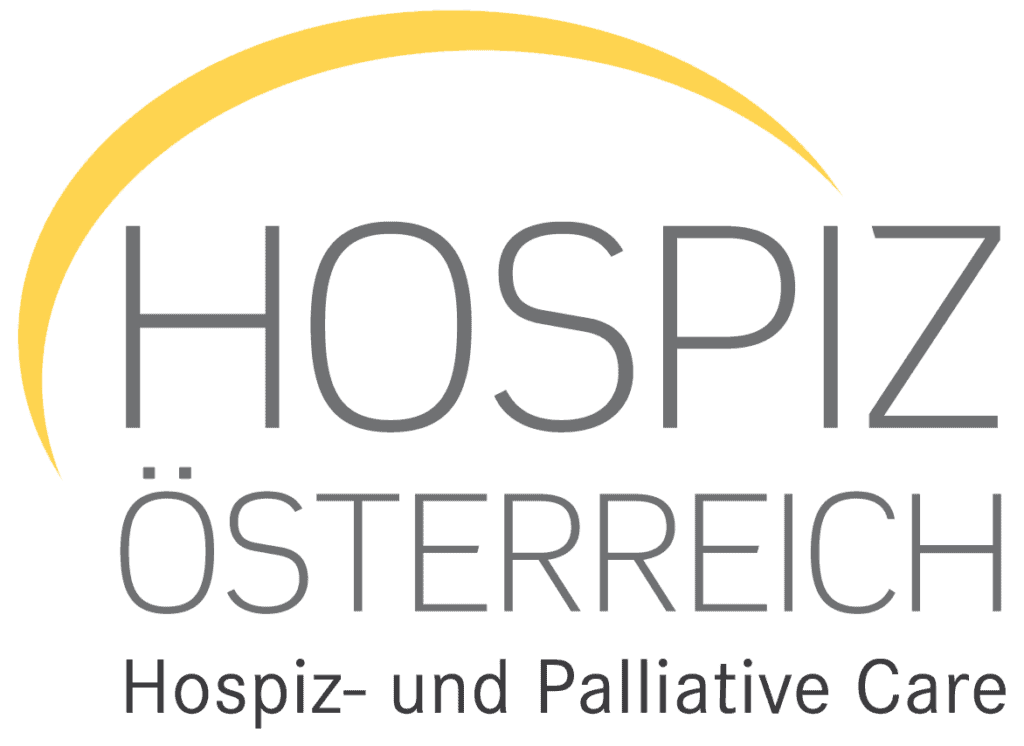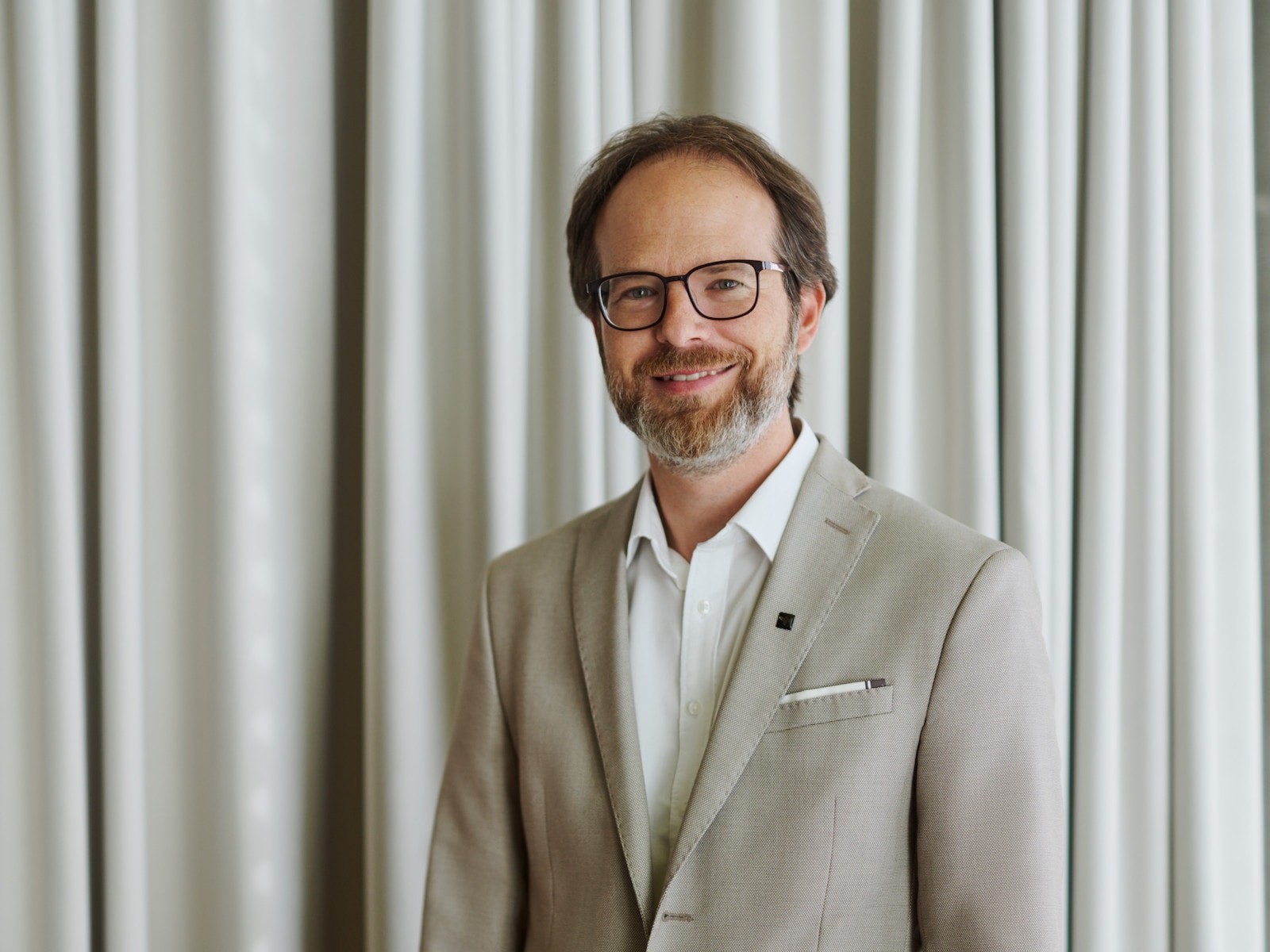Hospice and palliative care – the holistic care and support of people with serious illnesses where a cure is no longer possible – is a comparatively young form of medical care. It comprises both voluntary and paid end-of-life care, as well as palliative medicine, palliative care and psychosocial-spiritual care. Although a majority of people, regardless of whether they already feel close to death or hope not to have to deal with this issue for a long time to come, want to be cared for and die at home, or at least in a familiar environment, this is not always possible. Either way, people’s desire to spend their final days in a caring environment plays an important role in planning hospice and palliative care suited to patients’ needs. At the same time, caring for seriously ill people at home is often an all but impossible burden for relatives, which in Austria is often passed on to frequently changing personnel with little experience in palliative care. In Austria, most 24-hour home care workers come from Slovakia, Romania and Hungary. Day hospices have proved their worth in large cities. The Caritas day hospice in Vienna opened in 2001, but has lacked public funding to cover its minimum needs from the very beginning.


